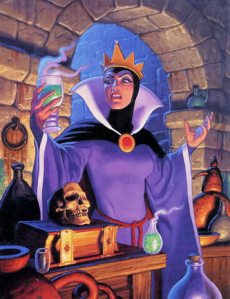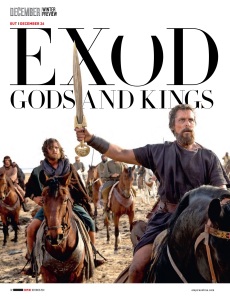 Anyone read or remember Hollywood Babylon? The reality is those were different times with very askewed values. What would we do to JFK or Bobby if they were alive today? Certainly, no one can condone Cosby’s alleged offenses, but there is such a thing as perspective.
Anyone read or remember Hollywood Babylon? The reality is those were different times with very askewed values. What would we do to JFK or Bobby if they were alive today? Certainly, no one can condone Cosby’s alleged offenses, but there is such a thing as perspective.
As head of 20th Century Fox, Zanuck shut the entire studio down every day at 4PM when he would order a young starlet up to his plush boudoir neatly tucked behind his studio office. Today, we have glimpse of the dark side of Hollywood through the Bryan SInger Tigerheat scandals ( the subject of Amy Berg’s new documentary “Open Secret”. ) While I don’t think we should further victimize Barbara Bowman or Janice Dickinson for coming forward, we should not so readily expunge and excoriate Cosby’s entire career either. Knowing full well the excesses and licenses of the 80’s in Hollywood, as in other eras, it’s important to keep them in perspective. It’s very easy to judge him by contemporary standards without at least taking some consideration for what was socially prevalent, and in some circles even “acceptable” at that time.
Rape is always reprehensible, but there were times in our not too distant past when the lines between aggressive seduction and what we now understand as rape were not so clear. We can be grateful for the progress, but we should be equally reticent about fanning the flames of hysteria as well.
Notice the terminology: Dickinson states, “he gave me a pill.” She doesn’t admit to taking the pill, thus shifting all responsibility to Cosby alone. There was a time, thankfully long gone, when taking a pill was considered tacit consent. Boomers (and Cosby is of that era) grew up in the age of James Bond, Jack Kennedy and Hugh Hefner when men were given license to be aggressive and to seduce women. With today’s changing mores, what college man out there today hasn’t had pause to consider if they ever went too far, or never seductively enticed a girl with alcohol or drugs?
In the current hysterical climate though we risk completely going over the edge. Lena Dunham is being excoriated in the press for having confessed to exploring her sister’s private parts. She is being called a rapist and a child molester — by fellow feminists! Likewise with Woody Allen, there are many who would throw him into jail just on Dylan Farrow’s charges alone. There is a hysteria out there and one that is far more virulent and dangerous than the perceived monsters and bogeymen we are so willing to burn at the stake.



